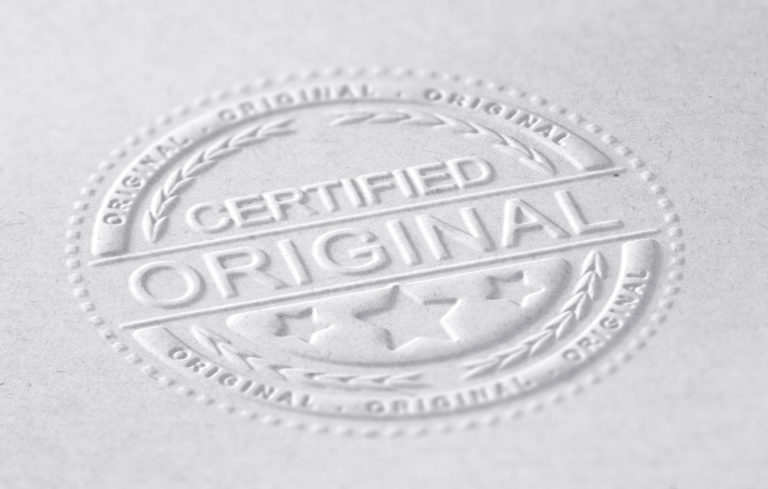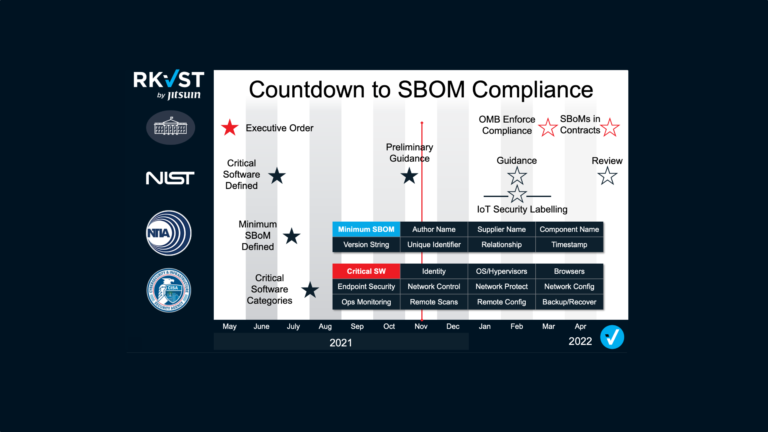It’s April, designated National Supply Chain Integrity month by CISA, NCSC, ONCD and Department of Defense, to promote resources, tools, and information to help organizations and agencies secure their supply chains and build resilience. But what role does blockchain play in supply chain and how easy is it to implement?
Blockchain technology has numerous potential applications in supply chain due to its ability to provide a secure, transparent, and tamper-proof ledger of transactions. Some of the top uses of blockchain in supply chain include:
Blockchain in supply chain: Transparency
Blockchain technology can provide real-time visibility and tracking of goods and products throughout the entire supply chain, from production to distribution to end consumers. This helps to increase transparency and trust between different parties in the supply chain.
Blockchain in supply chain: Authenticity
Blockchain can be used to verify the authenticity of data, documents and products. Blockchain provides a secure, tamper-proof record of events, proving origin, provenance and authenticity.
Blockchain in supply chain: Traceability
Blockchain can enable end-to-end traceability of goods, from the point of origin to the final destination. It provides a decentralized and secure database that records every transaction along the supply chain. This can help companies to track and verify the movement of goods across the supply chain, ensuring that they are authentic, ethically sourced, safe, meet quality standards and comply with regulations.
Blockchain in supply chain: Improving efficiency and reducing paperwork
Blockchain can enable more efficient and automated supply chain processes, such as automated payments, smart contracts, and decentralized decision-making. By digitising and automating supply chain processes using blockchain technology, administrative costs can be reduced, and paperwork can be eliminated, saving time and resources.
Blockchain in supply chain: Compliance
Blockchain can be used to ensure compliance with regulatory requirements by providing a transparent and auditable record of supply chain processes, reducing the risk of non-compliance and associated penalties. Many industries are subject to regulations and legal requirements that mandate traceability and transparency in the supply chain. Blockchain provides a way for companies to demonstrate compliance with these requirements and avoid legal and reputational risks.
Implementing blockchain in supply chain
Implementing blockchain solutions can be expensive and complex and require expert cryptographic skills and distributed ledger experience. But it doesn’t have to be that way. RKVST offers provenance-as-a-service that can be built into existing supply chain systems and processes using a simple API.
Powered by blockchain, RKVST allows you to establish, maintain and verify a chain of custody across the entire supply chain. With RKVST you can:
- Create an immutable record of who did what when to any asset
- Prove records have not been tampered with
- Prove ownership of digital and physical assets
- Provide multi-party sharing and visibility of supply chain data
Blockchain technology has the potential to transform the supply chain industry by providing transparency, authenticity, traceability, reducing paperwork, and ensuring compliance. By leveraging blockchain, companies can improve supply chain efficiency, reduce costs, mitigate risks, and meet consumer expectations for transparency and sustainability.






